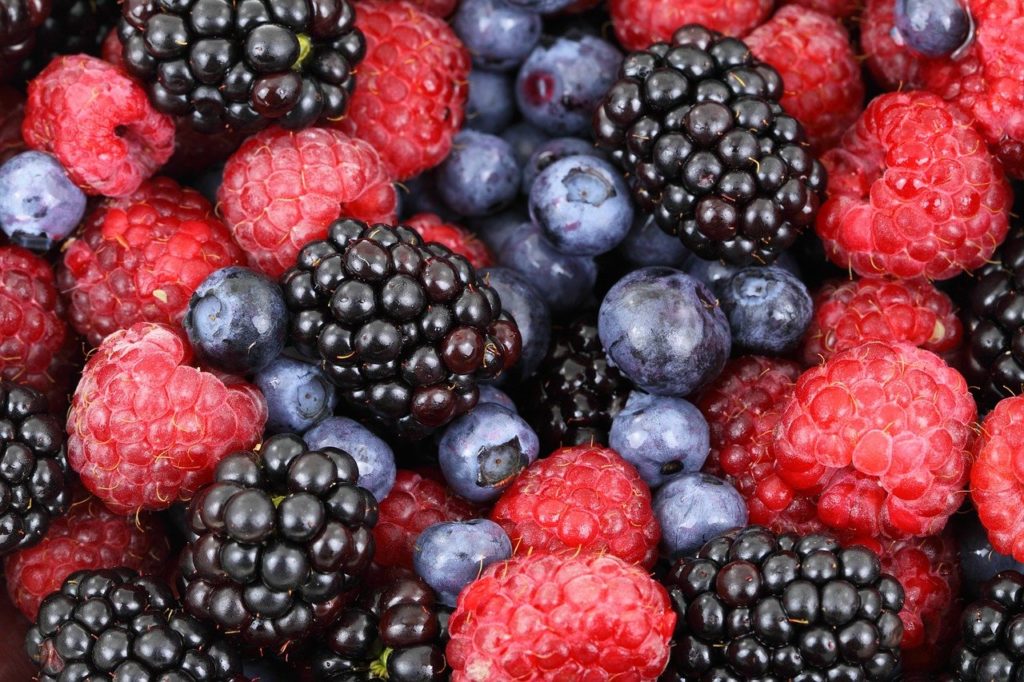Pain and Inflammation
There has been growing recognition that all pain arises from inflammation and the inflammatory response (1).
When the body detects injury or infection, it triggers the inflammatory response. Near the area of injury, the walls of blood vessels expand. White blood cells migrate to the site of damage and release chemicals. The chemicals increase blood flow and trigger swelling. Fluid buildup and swelling create pressure which aggravate nerves and cause the experience of pain.
Anti-inflammatory Diet
If you want to reduce inflammation, naturally, eat fewer inflammatory foods. Instead, choose foods that are nutrient dense:
- Vegetables
- Whole grains
- Nuts
- Fruits
- Beans
- Seeds
Aim for a well-balanced diet, one that excludes foods that stimulate inflammation and include foods that reduce inflammation (2). Be aware of what you consume. Chose foods wisely, experience the physical and mental health benefits. Inflammation underlies a variety of chronic medical conditions, including chronic pain.
Pro Tip: To mitigate inflammation aim for a well-balanced diet that includes regular exercise. Regular exercise, maintaining a healthy weight, and adequate sleep are effective tools in the management of chronic pain and inflammation.
Healthy Eating Resources
Healthy Eating: https://www.nutrition.gov/
Healthy Living / Healthy Eating: https://www.heart.org/
Plant Based Diets: https://www.pcrm.org/good-nutrition/plant-based-diets
United States Dietary Guidelines: https://health.gov/our-work/food-nutrition
Anti-inflammatory Diets Include:
- Berries, Turmeric, Cinnamon, Dark Chocolate
- Fatty fishes (salmon, sardines, herring)
- Avocados, Broccoli, Mushrooms, Peppers
- Green tea, Grapes
- Turmeric, Nuts, Fenugreek
- Healthy fats (virgin olive oil)
Foods that stimulate inflammation include:
- Foods high in sugar
- sugary beverages
- desserts
- food with added sugar
- Refined carbohydrates
- High processed foods
- Too much alcohol
References
- Omoigui, S. (2007). The biochemical origin of pain: the origin of all pain is inflammation and the inflammatory response. Part 2 of 3–inflammatory profile of pain syndromes. Medical hypotheses, 69(6), 1169-1178.
- Zwickey, H., Horgan, A., Hanes, D., Schiffke, H., Moore, A., Wahbeh, H., … & Purnell, J. Q. (2019). Effect of the anti-inflammatory diet in people with diabetes and pre-diabetes: A randomized controlled feeding study. Journal of restorative medicine, 8(1).


